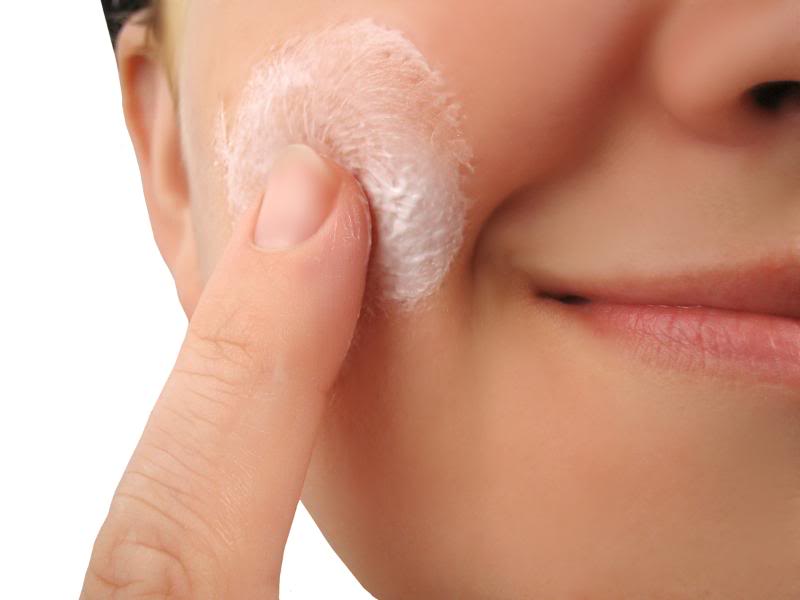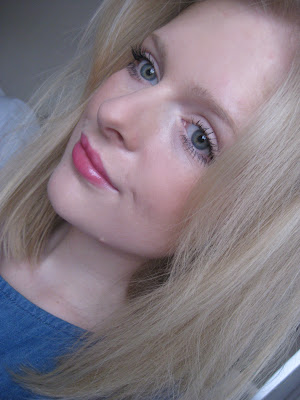Cheaper creams best to care for your skin
In the past, you have said that there is really little difference in the ingredients of most face creams, moisturizers, etc. Although I, too, suspect this to be the case, I wonder if you could, just for the record, make a comparison between two products I am in the habit of using: a night cream and a cold cream. While the former is sold as a night moisturizer and the latter as a cleansing cream, I wonder if the two might actually be used for the same purpose. Please advise.
There is surprisingly little correlation between the actual value and price of most face creams. Plain, inexpensive petroleum jelly or a simple hand lotion with three or four ingredients makes a better moisturizer than expensive skin creams full of potentially allergenic chemicals. Indeed, the materials in inexpensive products are sometimes worth little more than the ingredients in bargain-basement items. The extra expense comes from more ornate packaging, advertising and manufacturer markups. Even for the average-priced product, materials may account for only 7 per cent of the retail cost.
Which is the best means of hair removal, electric or blade shaving? Deciding whether to use a blade or an electric razor requires consideration of skin condition, hair density, and the amount of time available, since both methods have strengths and weaknesses. Some rules of thumb: It is possible to cut oneself using either method of shaving, and both can leave the skin raw and irritated.
Skin oiliness is an important factor. In general, blade shaving, particularly with a shave cream, removes more oil from the skin than electric shaving. Consequently, a person with very dry skin might prefer to use an electric razor.
Individuals with heavy, dense hair should consider blade shaving. Studies show conclusively that an electric razor cannot shave as closely as a blade. Thus, a close blade shave will help delay stubble.
Electric razors leave hair with ragged edges and some vertical splitting of the hair shaft, a factor that may heighten the likelihood of ingrown hair. However, too close a blade shave – usually caused by going against the grain of the hair – may also cause ingrown hair.
I have heard that a person’s caloric requirements decrease with age. How much do they decrease? Most people, as they grow older, become less physically active and lose a certain amount of “lean body mass,” which includes muscular and organ tissues. The basal metabolic rate – the number of calories needed simply to stay alive – decreases about 2 per cent per decade of adult life. With no decline in physical activity, a woman of 80 would need 200 fewer calories per day than a woman of 20, but with the normal drop in physical activity she actually needs about 600 fewer calories and will gain weight if she does not cut her intake.
Is it true that the more you wash your hair the drier it will be? No. In fact, the more you wash your hair the less dry it will be. Hair retains moisture through washing. That’s why it’s important to choose a shampoo formulated for your hair type and to use a conditioner regularly to help lock in moisture.
I’ve heard that a bone-cutting operation can make extremely tall women shorter. Is this true? While orthopedic surgeons do occasionally remove a section of bone when a patient has one leg shorter than the other, I doubt any surgeon would consent to remove bone from both legs – with all the risk attendant to major surgery – simply to make a tall woman shorter.
Hormone treatments are sometimes given to children to stimulate growth. Such is the case with extremely short children who lack the growth hormone. If this deficiency is discovered by a blood test, it is possible for the child to receive periodic injections of the hormone so they can achieve normal height. As for tall children, some endocrinologists have started rapidly growing girls on female hormones to artificially speed the onset of puberty, thus promoting the closing of growth plates in bones. The long-term side effects of this treatment, which exposes girls to higher-than-normal amounts of powerful hormones, are completely unknown.



